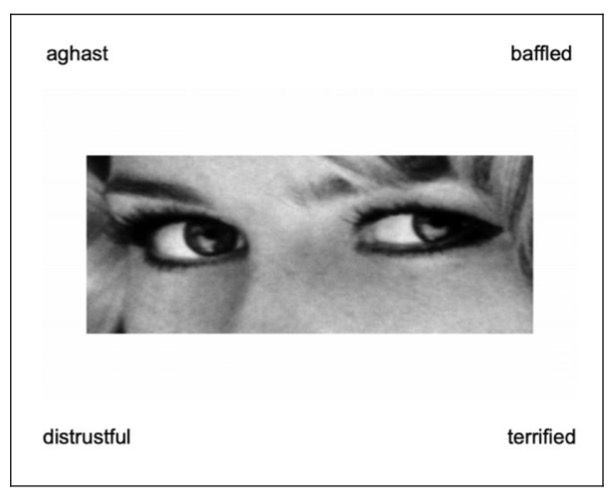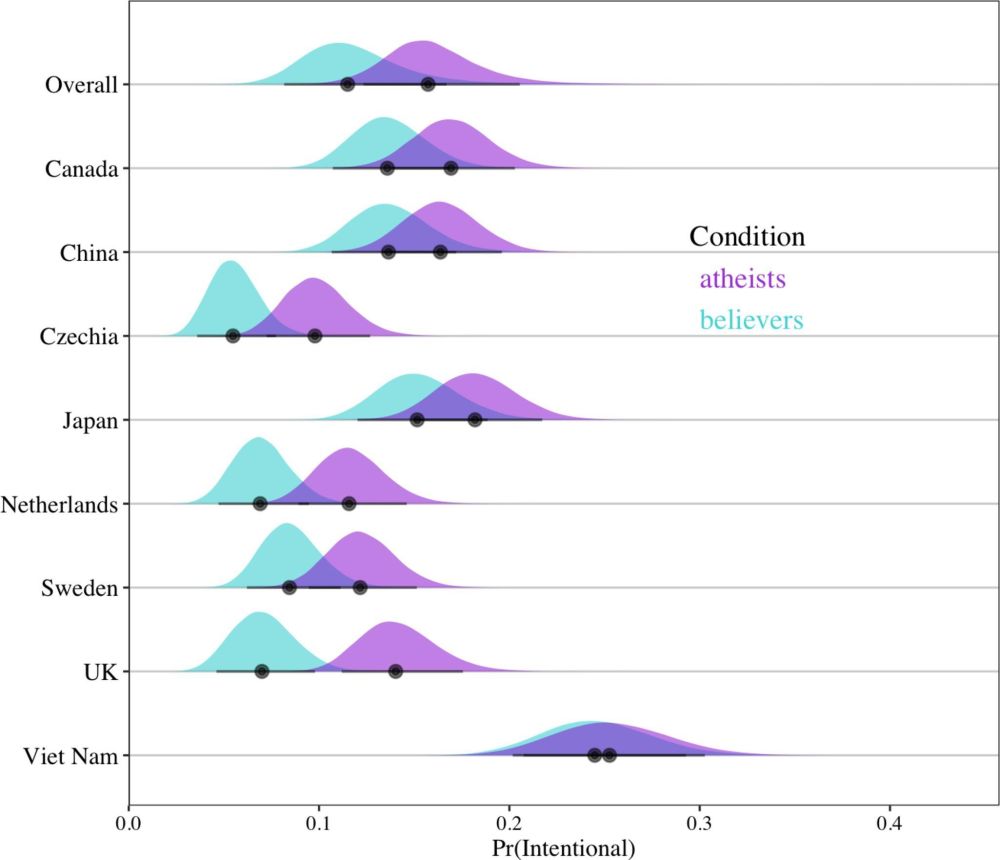


🤔 But the *strength* of delusional beliefs did not correlate with propensity to jump to conclusions.
Open access link below.
#logic #psychiatry #criticalThinking #cogSci #decisionScience

🤔 But the *strength* of delusional beliefs did not correlate with propensity to jump to conclusions.
Open access link below.
#logic #psychiatry #criticalThinking #cogSci #decisionScience


Thanks, Jonathan Caballero, for the interesting article.
📄 Read the paper here: doi.org/10.3758/s134...
Thanks, Jonathan Caballero, for the interesting article.
📄 Read the paper here: doi.org/10.3758/s134...


www.nature.com/articles/s41...

www.nature.com/articles/s41...

Trust from Mistrust: When is Trust Rationally Justified?
Co-authors @michalk.bsky.social @stevebland.bsky.social @robert-m-ross.bsky.social
osf.io/preprints/ps...
Drawing on insights from Nietzsche's Human All-too-human, we develop a framework for wisely placing trust 🧵
Trust from Mistrust: When is Trust Rationally Justified?
Co-authors @michalk.bsky.social @stevebland.bsky.social @robert-m-ross.bsky.social
osf.io/preprints/ps...
Drawing on insights from Nietzsche's Human All-too-human, we develop a framework for wisely placing trust 🧵




Uninterpretable is an understatement - check thread with links for why this test should never be in your social cognition battery. Ever.

Uninterpretable is an understatement - check thread with links for why this test should never be in your social cognition battery. Ever.




Belief in Belief: Even Atheists in Secular Countries Show Intuitive Preferences Favoring Religious Belief.
Now out at PNAS
www.pnas.org/doi/10.1073/...
Here's a quick 🧵 on what we did and found!👇
1/ 11
🧪
#atheism
#religion
#culture
#evolution

Belief in Belief: Even Atheists in Secular Countries Show Intuitive Preferences Favoring Religious Belief.
Now out at PNAS
www.pnas.org/doi/10.1073/...
Here's a quick 🧵 on what we did and found!👇
1/ 11
🧪
#atheism
#religion
#culture
#evolution


